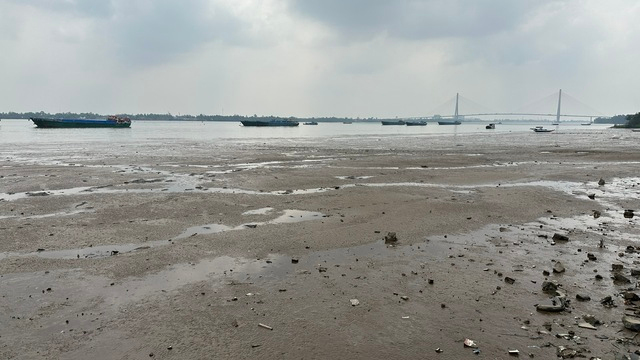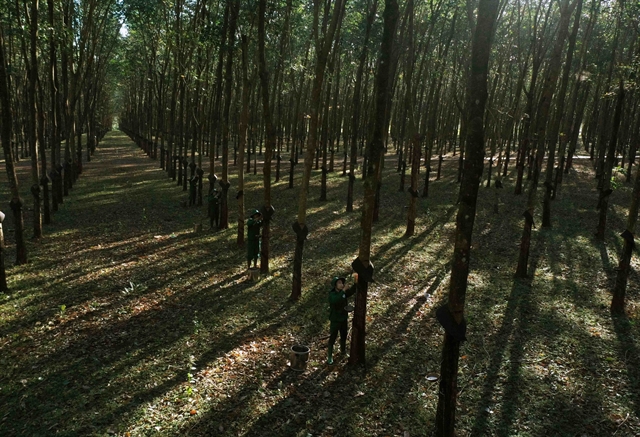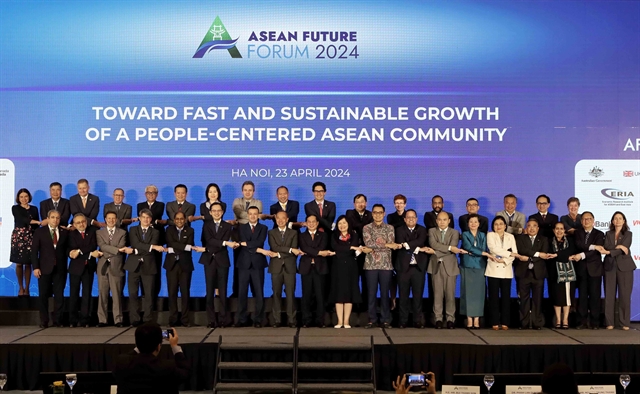.jpg)
.jpg)
Kosovo's snap parliamentary election Sunday looked likely to usher in a period of uncertainty, with the old guard of former guerrilla fighters in the lead but lacking an outright majority against parties calling for change, official early results showed.
PRISTINA — Kosovo’s snap parliamentary election Sunday looked likely to usher in a period of uncertainty, with the old guard of former guerrilla fighters in the lead but lacking an outright majority against parties calling for change, official early results showed.
The alliance dubbed the "war wing" by Kosovo’s media, and led by the Democratic Party of Kosovo (PDK) of President Hashim Thaci, won 35.78 per cent of votes, based on a count of nearly 70 per cent of ballots.
But the nationalist left-wing Vetevendosje (Self-Determination) party appeared to roughly double its support since the last election, bagging 24.08 per cent of votes after pledging to take on rampant corruption.
A third centre-right coalition was also poised to take nearly a quarter of votes, in what was only the third legislative election since Kosovo declared independence from Serbia in 2008.
Both PDK and Vetevendosje supporters took to the streets of the capital Pristina to celebrate.
Ramush Haradinaj, the war wing’s candidate for prime minister, told supporters that Kosovo had "given victory" to his coalition, which would work to form a government.
It seemed unlikely however that he and his allies would reach 51 seats in the 120-member parliament, a level of support that would allow them to govern in coalition with the 10 deputies representing Kosovo’s non-Serb minorities, such as ethnic Turks and Roma.
Most of Kosovo’s 1.8 million people are ethnic Albanian.
The country’s Serb minority also automatically gets 10 representatives in the assembly, but the full distribution of seats would not be clear until Monday or later in the week.
Vetevendosje leader Albin Kurti hailed the result as a "huge victory" as he addressed his followers.
He said the party, which is known for its radical methods in opposition such as hurling tear gas in parliament, had "more victories ahead".
Challenges ahead
Whoever ends up taking power will have to grapple with numerous crises in the Balkan country, where half of the population is aged under 30.
The unemployment rate is officially at 27.5 per cent and young people are leaving in droves in search of a better life elsewhere.
Kosovo’s political elites are "characterised by crime, corruption and nepotism," according to the Slovenia-based International Institute for Middle-East and Balkan Studies.
Overshadowing the vote is a new special court set up to try war crimes allegedly committed by members of the pro-independence Kosovo Liberation Army (KLA), which fought Serbian forces in the late 1990s.
Among those some speculate could be on the list of indictees -- which may be announced later this year -- are Thaci and PDK leader Kadri Veseli.
Analysts say the party may have pushed for the early election to consolidate its position before the court opens.
Kosovo’s relations with Serbia are also tense. EU-brokered talks between the two sides to "normalise" relations, and a deal to grant more autonomy to Kosovo’s Serb minority, have stalled.
Although Kosovo’s independence has been recognised by more than 110 countries, Serbia still refuses to acknowledge it.
Haradinaj, known as "Rambo" for his military prowess during the war, has said the talks should only move forward if Serbia recognises Kosovo – an unlikely prospect.
But Florian Bieber, professor of Southeast European Studies at the University of Graz in Austria, said the war wing was "ultimately pragmatic, interested mostly in securing their own power and maintaining good ties to Western partners".
Haradinaj was held in France for four months earlier this year while French judicial authorities examined a Serbian extradition request to try him for alleged war crimes, which was eventually rejected.
’Obstructionist line’
Vetevendosje could potentially join forces with the centre-right alliance led by outgoing finance minister Avdullah Hoti of the LDK party, although the two groups differ on various topics.
While the LDK supports a border demarcation deal with Montenegro -- something the EU has made a prerequisite for Kosovo obtaining visa-free travel in the bloc -- Vetevendosje has protested with tear gas against the agreement, saying Kosovo would lose land.
Bieber said the EU and Washington would prefer Vetevendosje to remain in opposition "considering its obstructionist line in regard to the dialogue with Serbia, the border agreement with Montenegro and other aspects of broader regional and international co-operation".
Turnout in Sunday’s vote was 41.40 per cent.— AFP
.jpg)

.jpg)

